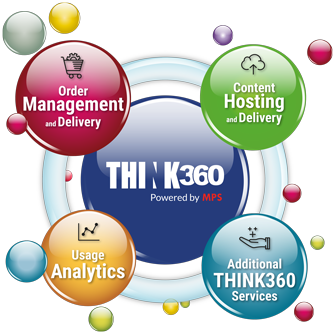Your company’s content is a valuable asset. It makes the first impression on your company. However, having structured, prepared, and new content is one of the most difficult issues business owners confront. Therefore, it is critical to administer and review your site after creating it. For this sole reason, you need a delivery management system. A management system enables you to review and modify content as needed. Here’s what you need to know about an effective delivery management system.
What precisely is delivery management software?
A good delivery management system requires the correct technical assistance. Delivery management software is a technological instrument. It automates, streamlines, and digitalizes last-mile logistics procedures from start to finish. Delivery management software is necessary to
· plan
· manage
· optimize
· execute final-mile logistics operations
Why do you need a management system for your company?
A delivery management system allows you to manage your material. As previously said, it is critical to review and manage your material. This keeps information from becoming out of date. Old information causes a high bounce rate, meaning visitors can only stay on your site for a short time. When a company takes the effort to add new content to its website and regularly checks its content, consumers perceive them to have commitment and interest in customer service.
Aside from that, employing a content management system allows you to generate blog entries. This new content is great for SEO because it can be optimized for search engines and shared on social media to increase traffic to your site. Aside from saving you time and money, investing in a system for your content production has numerous advantages. It can be one of the most profitable expenditures for your company’s internet profile.
To summarize, a delivery management system is beneficial since it allows you to:
· Maintaining the site is simple.
· It is optional to be technically competent.
· You have complete control over your material.
· A site can have multiple content managers.
What is a content management system?
A content management system (CMS) assists businesses in managing digital information. Entire teams can use these systems to develop, edit, organize, and publish material. It serves as a central repository for content. It also enables automated processes for collaborative digital content management and creation through built-in workflows. Individuals get different rights and responsibilities based on their roles. Authors, for example, can upload and save their work, but editors can revise and publish it. Administrators can do all these things and grant permission to others in the organization to update or revise content.
Decoupled content management systems
The presentation portion of the website is usually decoupled from the back end in a decoupled content management system. The delivery system resides between the website’s appearance and the back end. It is usually accessed via an application programming interface (API).
A decoupled content management system is basically a sophisticated solution. It allows better interaction with the information created in the back end. For example, assume a business wishes to leverage its content collection for a new purpose. This system is appealing because it supports multiple and adaptable applications on the front end. It also keeps your content and information consistent on the back end. Using a management system as your website platform provides many game-changing advantages. In addition, it enables quick and easy updates and provides useful plugins and tools. These tools make your site as effective and secure as possible while saving you time and money.
